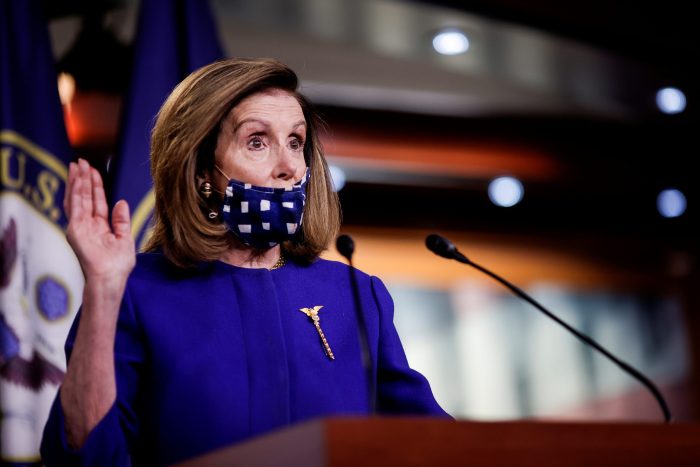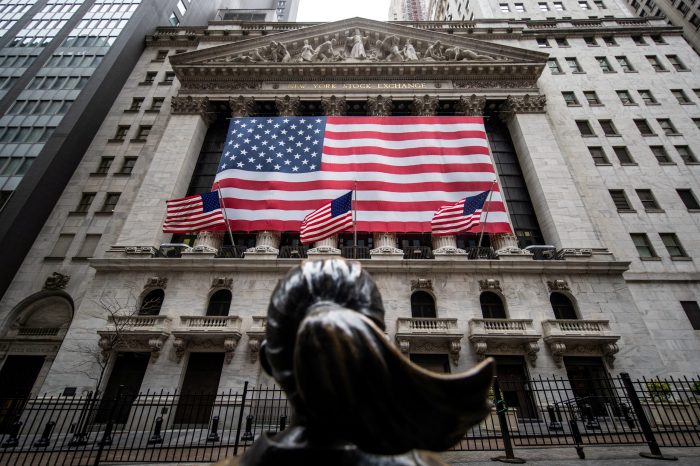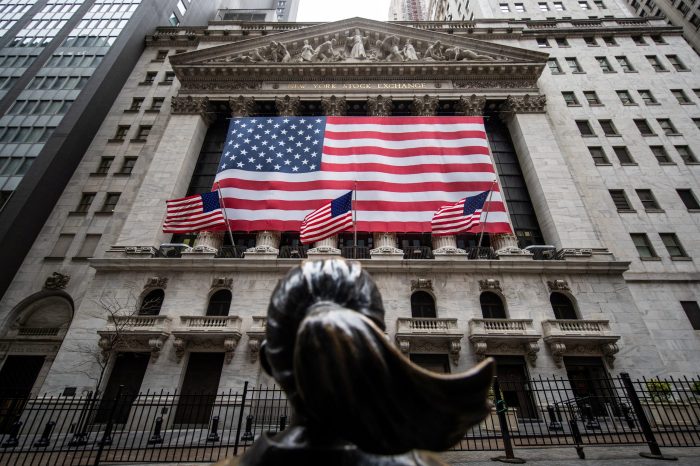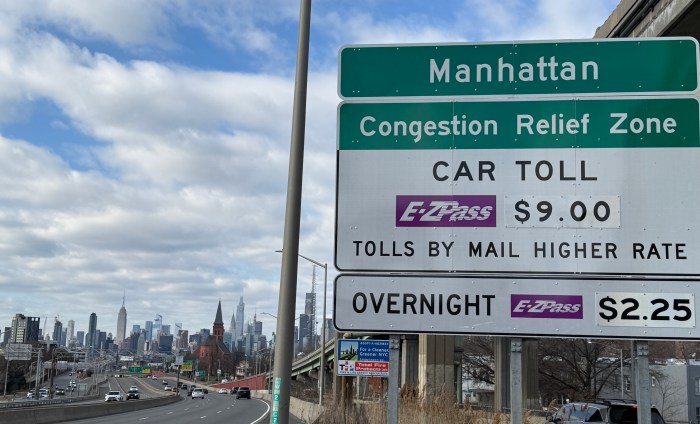By Huw Jones, Reuters
Britain’s exit from the European Union has pushed swathes of derivatives trading from London to the bloc and the United States in a further blow to the capital’s financial sector.
Britain left the EU’s single market on Dec. 31, forcing EU banks and asset managers to stop using London for trading heavily used derivatives like interest rate swaps (IRS).
EU market users must now trade swaps on platforms in the bloc, or on a swap execution facility or SEF in the United States which has EU market access.
IHS Markit, a financial information company, said the share of euro denominated rate swaps trading on SEFs doubled from 11% in December to almost 23% in the first two weeks of January.
“Of course, the real cost of fractured global liquidity is more expensive hedging and ultimately higher costs to end users,” said Kirston Winters, managing director at IHS Markit.
Britain has called on the EU to grant access to trading platforms in London, the world’s biggest centre for swaps, but Brussels has declined so far.
The shift mirrors a move in euro denominated share trading worth 6.5 billion euros a day that left London on Jan. 4 for trading platforms in the EU. Trading in euro-denominated government bonds left London for the continent after Britain voted in 2016 to exit the bloc.
Eric Litvack, group director of public affairs at French bank SocGen said firms were adapting to “new realities” as some swaps trading left London for EU and U.S. platforms.
“Generally, the U.S. has been the big winner, though the EU has won some business in euro denoninated swaps,” a derivatives industry insider added.
The Bank of England said in December that around $200 billion of daily interest rate swap trading in Britain would be affected by curbs on trading swaps between the UK and EU.
At the last minute, Britain eased some of its restrictions to avoid a complete rupture in trading.



































